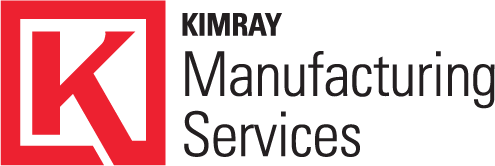5 Questions to Ask a Potential Contract Manufacturer
Choosing a manufacturer is no easy task. There are many to choose from, and you want to work with one you trust and that is a good fit for your specific product needs.
To that end, here are five key questions we recommend asking when interviewing a potential manufacturing partner.
1. What capabilities do you have?
This is obviously the most important question—do they have the machines capable of making your product efficiently and consistently to your quality specifications?
Most metal manufacturers are going to have CNC machines, but depending on the complexity of your product you may need specific mills, lathes, multi-axis options, grinding, and cold sawing.
Those specifications are the first box to check.
2. What certifications do you have?
You want assurances you can trust the manufacturer to do good work.
You’d like to take their word for it, but third-party validation like ISO and API quality system certifications offer you peace of mind that they have guidelines they are following.
If they say “we have our own” or “we make stuff work,” you might be wise to consider looking elsewhere.
3. Where are you located?
Location is always an important factor when identifying a potential manufacturing partner. Are they in America? Overseas? Where are their suppliers located? You know where your product needs to go. Would it help if they were closer to you or your customers?
Location also plays an important role in timelines and can significantly affect shipping costs.
4. Can you tell me about your machinists?
How long have their machinists been there? How many do they have? Do they only have what I call “button-pushers,” or are there multiple people who can set up the machines as well?
It’s ideal to look for a good mix so if big runs are needed or if one of their set-up people is unavailable, your shipping times won’t suffer.
5. Can I visit your facility?
I’ve never signed up with any manufacturer without going to see the shop.
Usually when I can see their parts up close, I can visualize my parts. I listen intently and ask follow-up questions to make sure they know their machines and I understand clearly what they are capable of.
